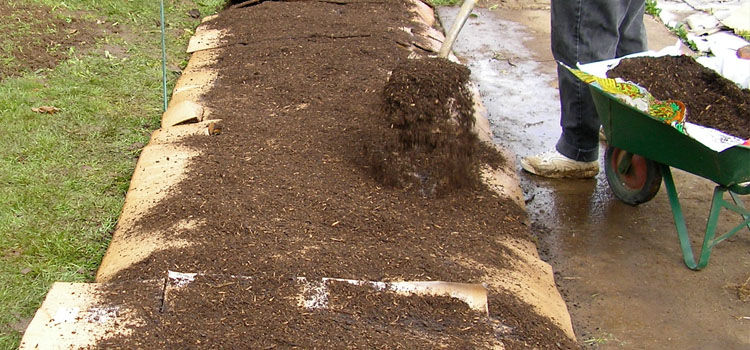February Growing Guide: What to sow in the coming month in your vegetable garden 🌱
- Jan 26, 2023
- 3 min read
Updated: Jan 12, 2024

February is an ideal time to start planning and sowing your vegetable, fruit, and herb plants, as the days are starting to get longer and the weather is starting to warm up.
When it comes to sowing your plants, there are a few things to keep in mind. First and foremost, you'll want to make sure you're sowing your plants at the right time for your region. In the UK, it's generally best to wait until the last frost date has passed before sowing your plants outdoors. This will ensure that your plants have the best chance of survival and growth.
Another important consideration is where you'll be sowing your plants. Some plants, such as tomatoes and peppers, need to be sowed indoors or in a greenhouse in order to germinate properly. Others, such as carrots and radishes, can be sowed directly in the ground. It's important to know the specific needs of each plant you plan to sow, in order to give them the best chance of success.
Once you've decided when and where to sow your plants, you'll need to prepare the soil. This may involve tilling or turning the soil, adding organic matter such as compost, and making sure the soil is well-draining. It's also important to test the pH of your soil, as some plants thrive in acidic soil while others prefer neutral or alkaline soil.
Now, let's take a look at some specific plants you can sow in February in the UK:
Tomatoes: These plants need to be sowed indoors in February, in seed trays or pots. They will take around 6-8 weeks to germinate and mature, and can be transplanted into the garden or greenhouse once all danger of frost has passed. Tomatoes can be harvested in late summer or early autumn.

Peppers: Like tomatoes, peppers need to be sowed indoors in February. They will take around 6-8 weeks to germinate and mature, and can be transplanted into the garden or greenhouse once all danger of frost has passed. Peppers can be harvested in late summer or early autumn.
Carrots: Carrots can be sowed directly in the ground in February. They will take around 2-3 weeks to germinate and around 12-16 weeks to mature. Carrots can be harvested in late summer or early autumn.
Radishes: Radishes can also be sowed directly in the ground in February. They will take around 2-3 weeks to germinate and around 4-6 weeks to mature. Radishes can be harvested in late spring or early summer.

Herbs: Many herbs, such as basil, parsley, and chives, can be sowed indoors in February. They will take around 2-3 weeks to germinate and around 12-16 weeks to mature. Herbs can be harvested throughout the growing season.
In addition to sowing your plants, there are also a few general jobs that need to be done in a vegetable garden in February. These include:
Pruning: February is a great time to prune any trees or shrubs in your garden, as they will be dormant and not actively growing.
Planning: Take time to plan out your garden, including what plants you want to grow and where you want to place them.
Cleaning: Clean up any debris or fallen leaves from your garden, as this can harbor pests and diseases.



Comments